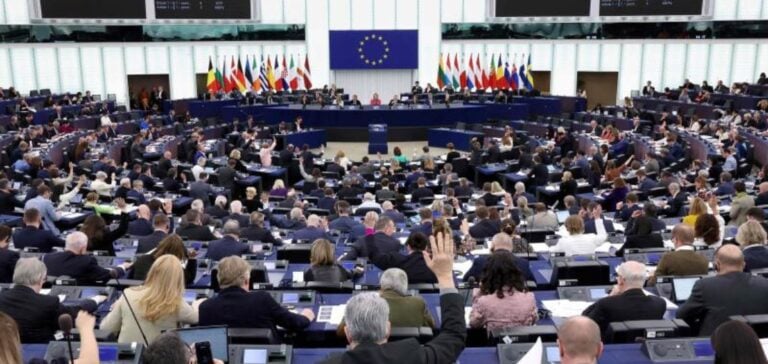This Wednesday, the European Parliament, meeting in Strasbourg, approved by a large majority the coordinated withdrawal of the EU (European Union) from the Energy Charter Treaty (ECT). This treaty, signed in 1994, is now seen as an obstacle to Europe’s climate ambitions.
Background and implications of the withdrawal
The European Commission had already proposed an orderly withdrawal in July, stressing the incompatibility of the ECT with pro-climate policies. Until now, the treaty allowed companies to obtain compensation for losses due to the environmental policies of states, creating a direct conflict with anti-fossil fuel initiatives.
Reactions and disputes
Cases such as that involving the Rockhopper company against Italy, where compensation of almost 200 million euros was ordered, have accentuated the urgency of reforming or leaving the TCE. Other cases, such as RWE’s claim against The Hague, have also highlighted the legal and financial challenges posed by the treaty.
Member states and divergent positions
Although the majority of EU member states support withdrawal, some, such as Hungary and Slovakia, prefer to stay and support modernization of the treaty. This debate underlines the divisions within the Union over how best to reconcile investment protection and environmental policies.
Outlook after withdrawal
With this vote, one formal step remains: confirmation by the EU member states. Withdrawal could reduce the risk of litigation and bring EU regulations into line with its climate objectives, despite the “survival clause” that protects existing investments for a further 20 years.
The European Parliament’s vote marks a significant step towards the EU abandoning the TEC, reflecting a profound change in the way conflicts between investment protection and ecological imperatives are managed.






















